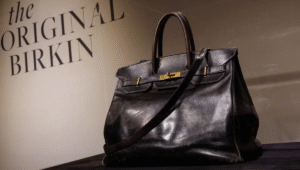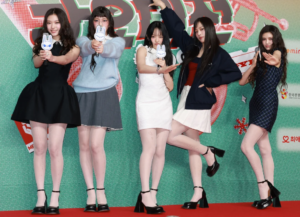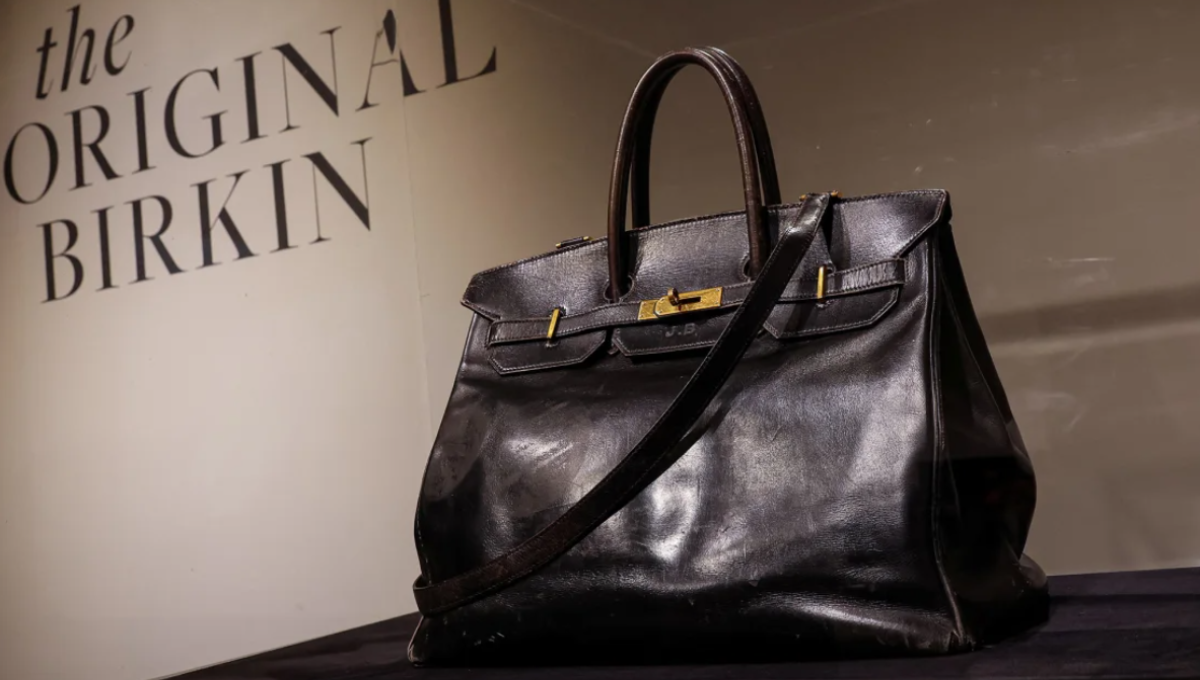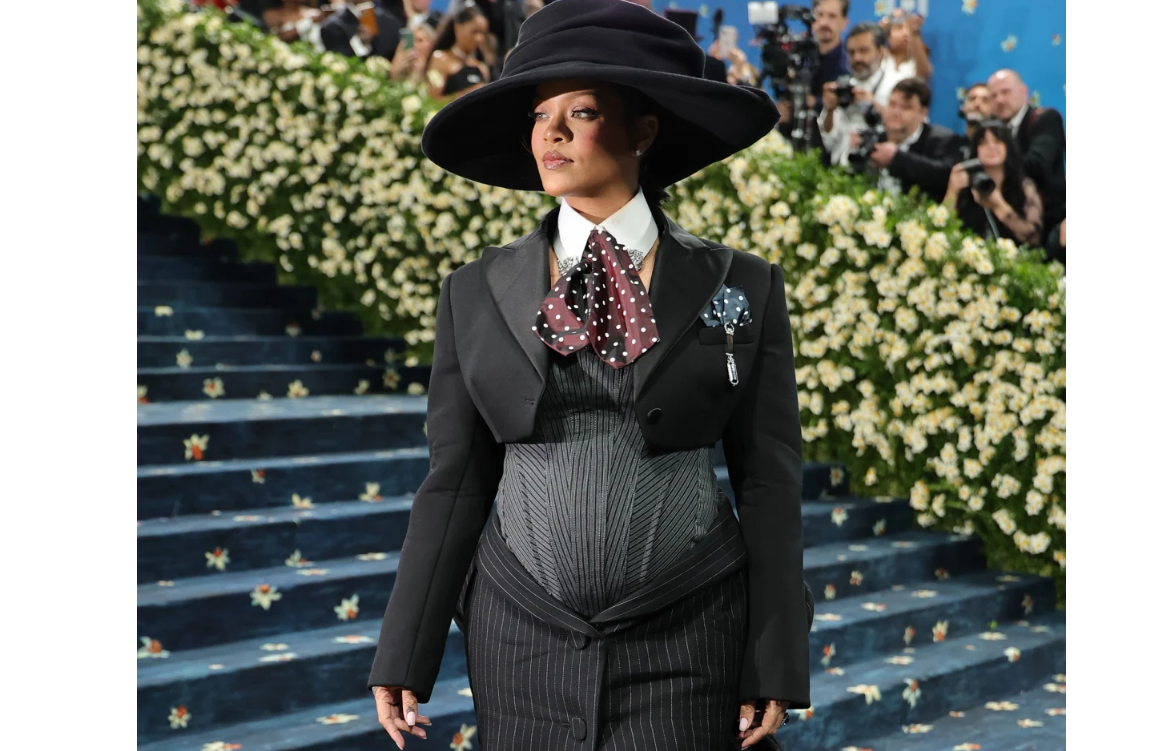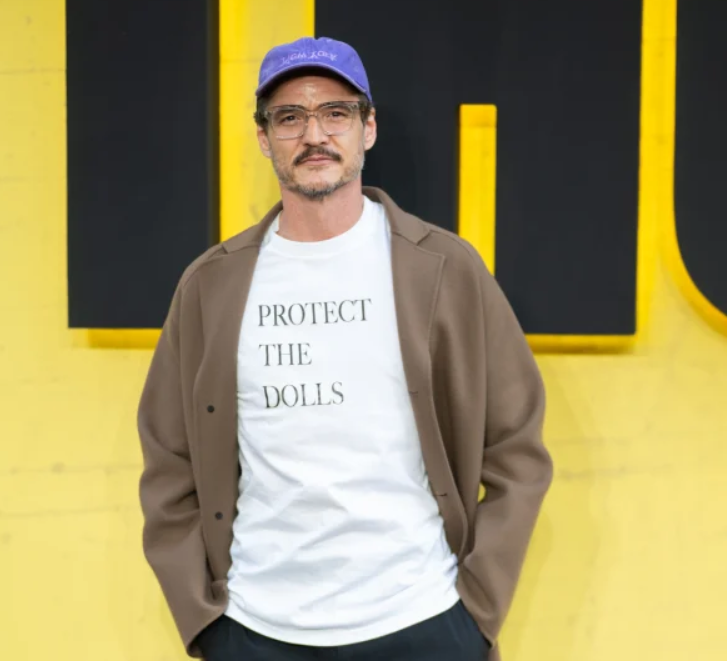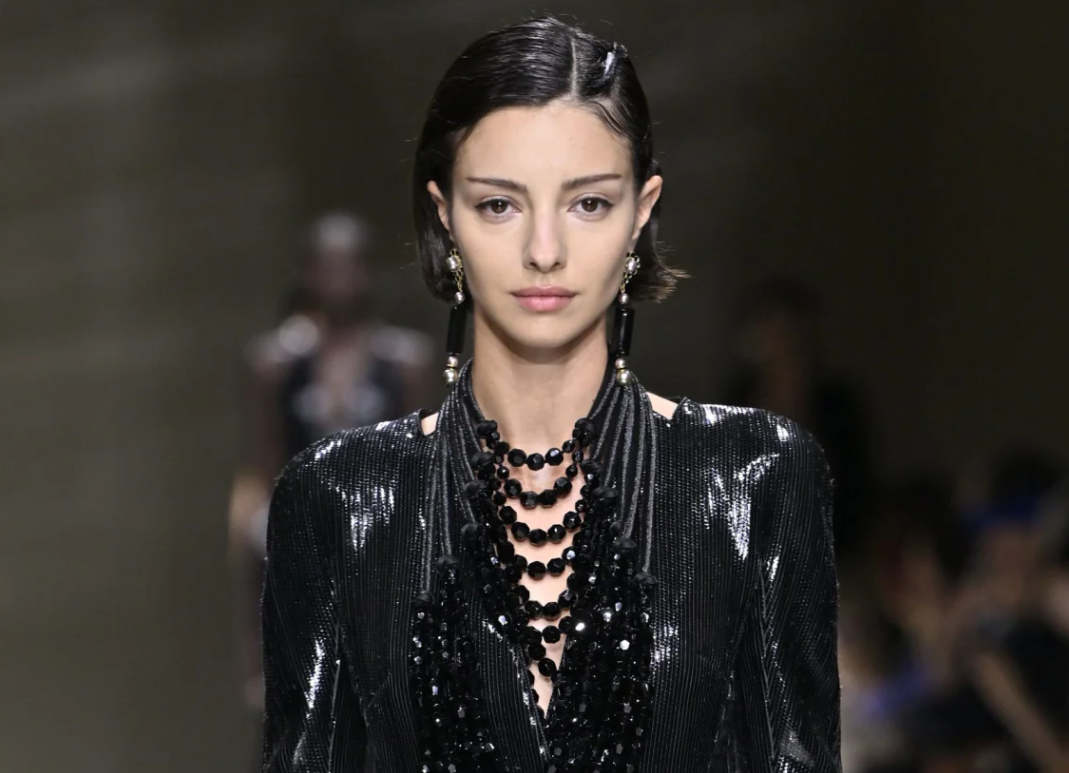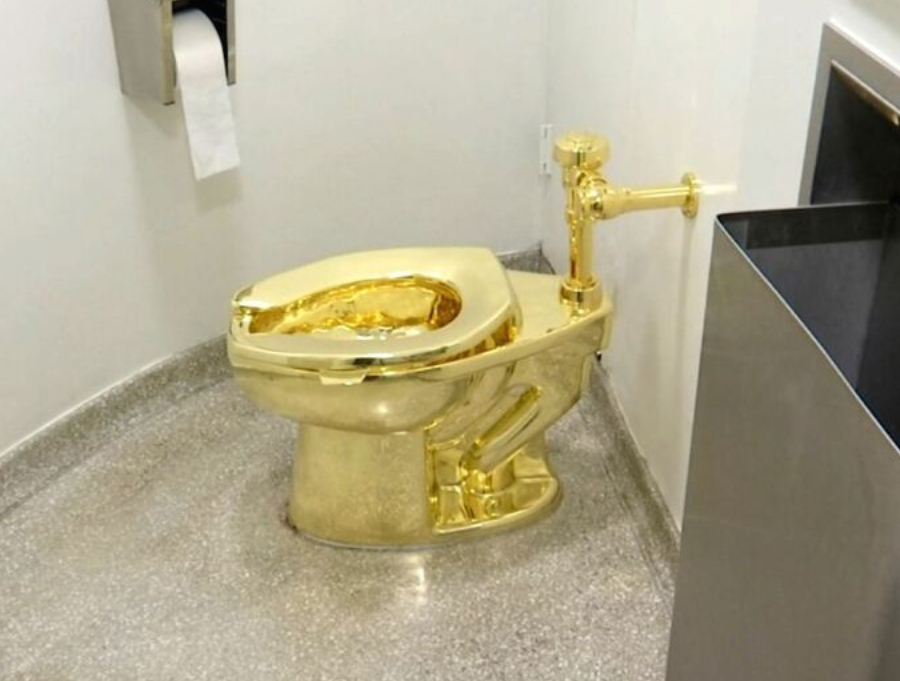TikTok has removed a controversial filter that allowed users to modify their photos to make themselves appear heavier.
The filter followed a consistent pattern for each AI-edited video. It started with an unaltered image of the user, typically slim, and then the “chubby filter” gradually changed their appearance, making their body look fuller. The background music for these videos was the song “Anxiety” by American rapper and singer Doechii.
As this trend gained popularity, a growing backlash emerged from users who expressed concerns over the body-shaming implications. Many comments criticized the filter, with one user noting that the trend seemed “mean girl coded,” a remark that garnered over 5,000 likes.
TikToker sadiebass16 shared her thoughts in a video, saying, “Imagine you’re just trying to exist on this app and you see thousands of people using an AI filter to have a body that looks like your body, shaming it, and all the comments being like ‘ugh, imagine.’ A lot of people can imagine.”
Luna, a health and wellness app for teens, also criticized the filter for encouraging “body shaming and unhealthy beauty standards.”
CNN reached out to TikTok for a statement. The company told the BBC that it had removed the filter and was reviewing videos that featured it, making them ineligible for recommendations and blocking them from teen accounts. TikTok explained that the filter had been uploaded by CapCut, a separate company with the same parent company, ByteDance.
When searching for “chubby filter” on the app Monday morning, no results appeared, though some content could still be found on the desktop version. TikTok offers hundreds of filters, many of which are harmless, like adding bunny ears or a dog nose to a face.
TikTok’s beauty filters have come under fire for negatively affecting users’ self-esteem. One filter, for example, smooths out wrinkles and allegedly makes users look younger, but it has been criticized for promoting ageist beauty ideals. Critics argue that the chubby filter reinforces the harmful link between beauty and thinness.
TikToker SaffsStuff shared her thoughts in a video that has gained over 100,000 views, stating, “I don’t think it’s funny, I don’t think it’s light-hearted. I think it’s part of this bigger problem of diet culture and heroin chic really becoming a proper, proper trend on social media at the moment.”
A 2019 study found that using social media filters was linked to a greater acceptance of cosmetic surgery. Additionally, research from Harvard Business Review in 2021 revealed that individuals who were confident in their appearance were often more unsettled by seeing “improvements” to their face than those who already had insecurities.
In response to concerns, TikTok announced in November that users under the age of 18 would no longer have access to beauty filters, following a report it commissioned to assess the impact of these filters on young people.

